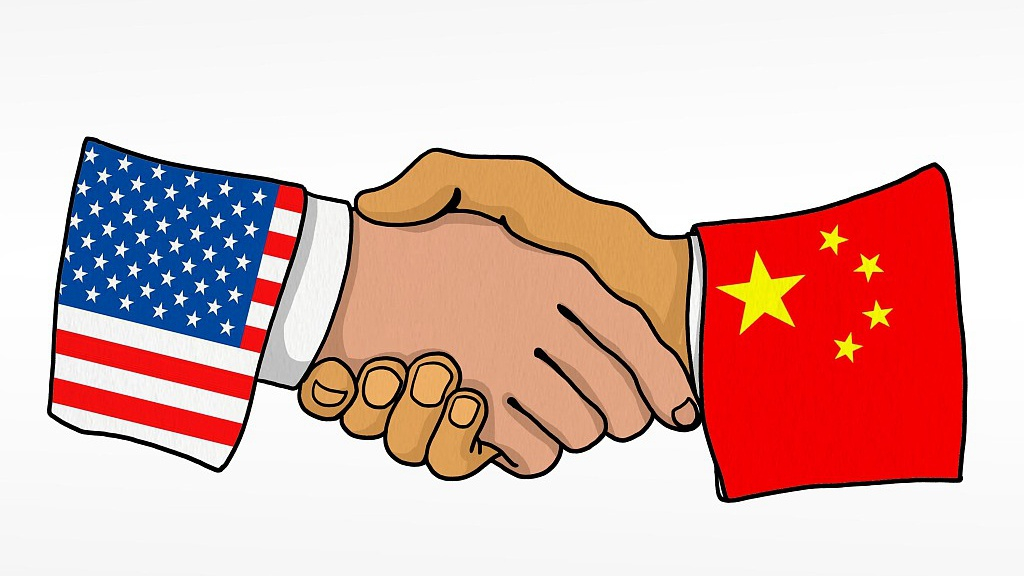
Opinions
23:21, 17-Jan-2019
Ambassador: Looking forward to Sino-U.S. relations centered on cooperation and stability
Updated
11:14, 18-Jan-2019
CGTN
04:01

Editor's note: This article is based on an interview with Cui Tiankai, Chinese Ambassador to the U.S., by CGTN's Tian Wei.
Chinese Vice Premier Liu He will visit the U.S. from January 30 to 31 for trade and economic consultations, said Ministry of Commerce spokesperson Gao Feng during a press conference on Thursday.
Cui Tiankai, Chinese Ambassador to the U.S., shared his insights with CGTN.
CGTN: In the first round of trade talks for 2019, each side put out its own statement suggesting that they have had some in-depth exchanges. What does that mean for the next round of discussions? Can we have some preview on what's likely to be the most important component next time?
Cui: I think last week in Beijing, the two sides had very good discussions about trade and economic relations. They had extensive, in-depth and detailed discussions which help us to enhance mutual understanding and laid on the basis for further discussion.
I think the goal for both sides is very clear. We have to do our best to implement the agreement reached by the heads of the State when they met in Argentina on December 1. So, if we continue to work towards that goal, if we continue to have serious, frank and friendly discussion between the two sides, If we continue to have the approach that will take care of the concerns of both sides If we continue to aim at the win-win outcome and mutual benefit. I'm sure we will make more progress.
CGTN: The thing is whether the two sides have reached as you said encouragement or encouraging basic lines when they are negotiating with one another. After all, we are talking about 90 days to deal with 40 years of differences and difficult discussions?
Cui: I think the assignment given by the two presidents to the two work teams is very clear. We have to develop a bilateral relationship centered on coordination, cooperation and stability. And for economic and trade relations, we have to aim at the mutual benefit and a win-win outcome. So, the goal is already set, our task is to make progress to that goal. And I still have confidence; I think the two teams are committed to working together for that goal. Of course, I cannot prejudge what will happen and cannot prejudge the outcome of the discussion in the next few weeks, but maybe they could do even a better job than people might expect
CGTN: March 1 is the end of the so-called 90-day deadline. Is the result likely to lay the foundation of the nature of this relationship probably for months and even years to come?
Cui: You see any time frame could be in a sense arbitrary because the reality will be evolving all the time; it will never stop. And I'm quite sure, relations between U.S. and China, including the trade and economic relations, will continue to develop, continue to evolve, maybe we will have new issues or problems, but certainly we will have new progress. So I will rather look at any particular date, not as an end, but as a new starting point for making further progress.
(If you want to contribute and have specific expertise, contact us at opinions@cgtn.com.)

SITEMAP
Copyright © 2018 CGTN. Beijing ICP prepared NO.16065310-3
Copyright © 2018 CGTN. Beijing ICP prepared NO.16065310-3